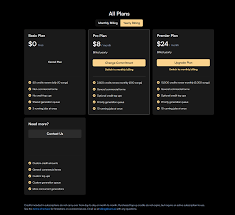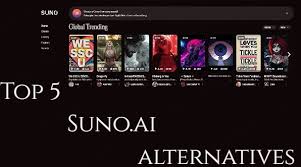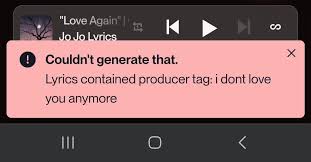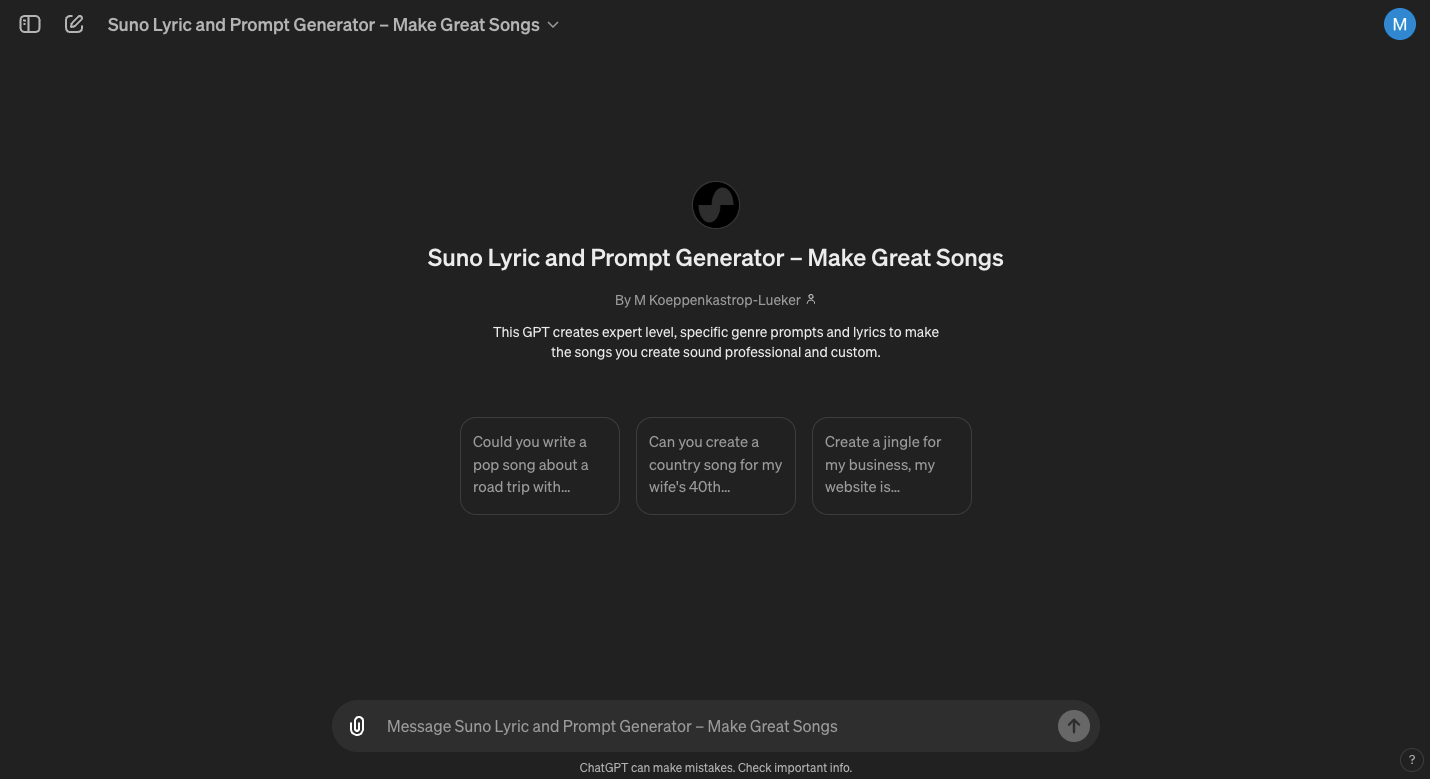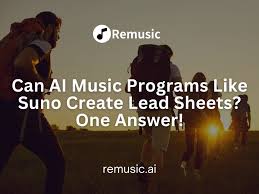If you've been wondering what's going on with music and AI in 2025, you're not alone. This year marks a watershed moment. AI is no longer just a tool in the background; it's a collaborator, a composer, a producer—and for some, even a performer. From mainstream platforms like Suno and Udio to experimental tools like AIVA and Boomy, AI-generated music is making waves not just in tech circles, but in pop culture, indie scenes, and the business of music production.
In this article, we’ll explore the key developments in 2025 shaping how music and AI are blending together, who the major players are, what musicians and listeners are saying, and what this means for the future of creativity.

AI Is Now a Core Part of Music Creation
Tools Driving the Shift in 2025
Let’s start with the technology. In 2025, AI music creation has matured significantly thanks to advances in transformer-based architectures and diffusion models. These are some of the standout platforms:
Suno.ai: Acquired WavTool in June 2025 and now offers AI music generation with integrated mixing and editing capabilities.
Udio: Launched in early 2024 and continues to grow, offering AI-generated tracks with vocal and instrumental options. Many indie musicians now use Udio for rough demos.
AIVA: A classically trained AI composer, still widely used in film scoring and symphonic compositions. It’s recently added deep learning layers for better emotional interpretation.
Boomy: Known for ultra-fast song generation and streaming-ready exports. Over 18 million songs have been created using Boomy as of May 2025.
These tools are being used not just by hobbyists, but by professional musicians, producers, and even advertising agencies. According to a MusicTech Insight report from Q1 2025, 36% of all commercial music ads now feature at least one AI-generated element.
Real Artists Are Collaborating with AI—Not Competing
AI isn’t just replacing humans—it’s helping them. Take Grimes, who continues to license her voice for AI collabs, or Holly Herndon, whose 2025 AI opera “Eternal Voice” was trained on centuries of classical music and her own vocal library.
Newcomers are joining in too. Lo-fi artist CloverDay released an entire album this year co-produced by Udio AI, and she claims it "sped up the process without compromising the vibe."
What’s different in 2025 is that AI isn’t just producing beats or instrumentals. It’s helping with:
Lyric generation using tools like Suno AI’s lyric assistant
Voice cloning for demo vocals (e.g., Voicemod, Resemble AI)
Mastering and mixing using AI-based plug-ins like LANDR and iZotope Ozone 11
AI Music Distribution Is Getting Easier
Another big 2025 trend? AI-generated music isn’t just sitting on hard drives. It’s out there.
Top platforms for sharing AI music:
SoundCloud AI Hub: A new tag launched in February 2025 lets users browse AI-generated songs, with over 250K uploads in the first three months.
YouTube Music: Accepts AI-generated songs as long as they're original or properly attributed. Some AI-assisted channels now pull in millions of views per video.
BandLab: With AI-driven mastering and beat suggestions, BandLab reports a 27% increase in user engagement since integrating generative AI in late 2024.
Spotify: Introduced “AI-Enhanced” playlist tags in April 2025, letting users filter by how much AI was involved in the creation process.
The Legal Landscape Is Still Catching Up
One of the biggest concerns in 2025 remains copyright and attribution.
In March 2025, BMI and ASCAP announced a joint initiative to create a “Transparency Tag”—a metadata layer embedded in songs that flags whether AI was involved and how.
Still, grey areas remain. Suno and Udio both restrict uploading external copyrighted audio to avoid “derivative works” issues. Many AI models are now trained with licensing from open music libraries or through direct deals with artists.
Listener Trends: Is the Public Embracing AI Music?
Surprisingly, yes. In a Pew Research survey (March 2025), 61% of Gen Z and 48% of Millennials said they were “open” or “very open” to AI-created music—especially for background, mood, or gaming playlists.
Spotify’s top 100 lo-fi playlists now include over 35% AI-assisted tracks.
However, traditionalists remain cautious. Critics argue that AI lacks “soul” and that algorithms still struggle with dissonance, genre-blending, and authentic storytelling.
What Does the Future Hold?
Looking forward, the biggest opportunities and challenges revolve around:
Creative co-authorship: How do humans and AI split credit?
Royalty structures: Will AI models earn royalties? Will developers?
Cultural shifts: Will AI music dilute or enhance global musical diversity?
Platforms are investing in AI explainability—ways to show how a track was composed—to help artists retain control and creativity.
FAQ: What's Going On with Music and AI in 2025?
Q1: Is AI replacing musicians?
No. Most musicians use AI to assist, not replace, their work—especially for speed, inspiration, and technical enhancement.
Q2: Can AI make emotional music?
Yes, to an extent. AIVA and Udio are improving in generating music that reflects specific moods, but it's still debated how “genuine” the emotion feels.
Q3: Are there any copyright issues with AI music?
Yes. AI models must be trained on licensed or public domain material. Platforms like Suno block unauthorized uploads to avoid infringement.
Q4: Where can I listen to AI-generated music?
Check out platforms like Suno, Udio, SoundCloud’s AI Hub, YouTube Music, or BandLab.
Q5: Which industries use AI music?
AI music is widely used in gaming, advertising, background scoring for YouTube videos, indie music production, and even therapy apps.
Conclusion: Music and AI Are Officially Collaborators in 2025
So, what’s going on with music and AI in 2025? In a word: synergy. AI is not taking over—it’s teaming up. Whether you’re a bedroom beatmaker or a record label exec, ignoring AI tools now would mean missing out on one of the most powerful revolutions in music history. As tools become more transparent and ethical standards solidify, AI-generated music may soon be just another category in your playlist—right next to jazz, pop, and indie.
Learn more about AI MUSIC

